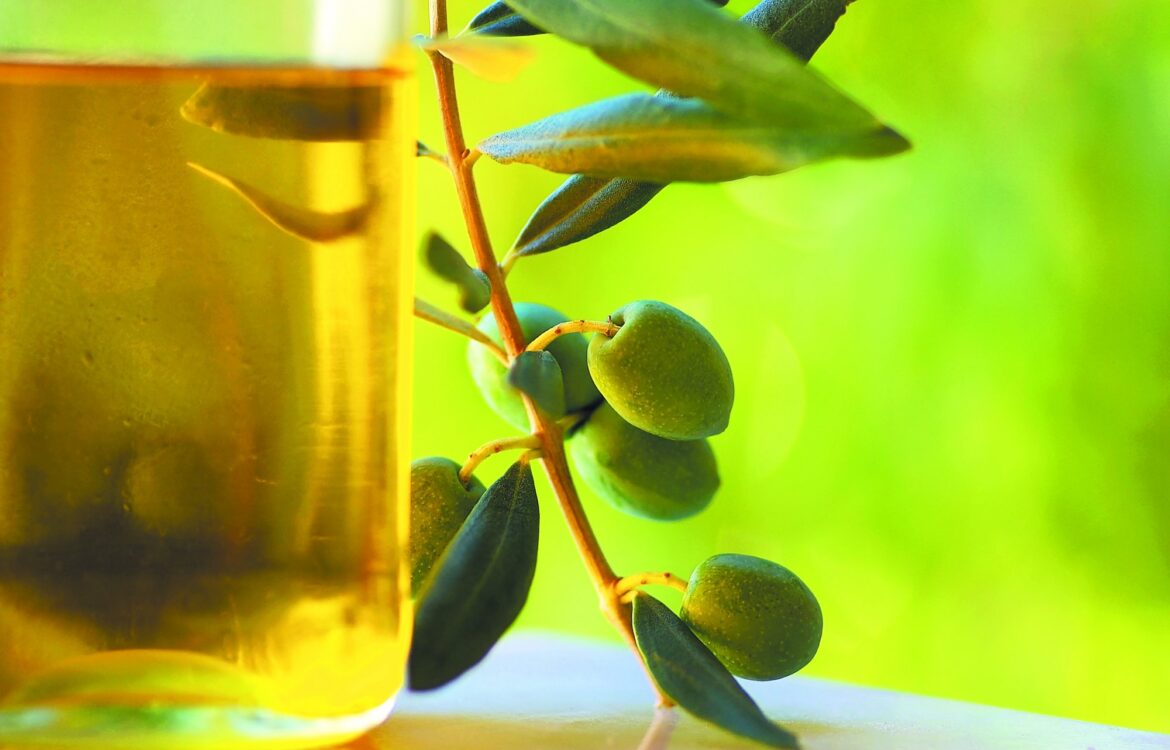The price of olive oil in Greece is experiencing a steep decline, with the producer price falling from a peak of €9 to as low as €2.80 per liter — a development that is sending shockwaves through the country’s agricultural sector. Although the drop may contribute to easing food inflation due to olive oil’s weight in the pricing index, it is proving devastating for farmers’ incomes and the value of exports.
From Boom to Uncertainty
In previous years, high olive oil prices fueled the growth of Greek exports, with both bottled and bulk olive oil shipments reaching close to €1 billion. These strong prices created a period of prosperity for producers, often referred to as the “fat cow” years. That period, however, appears to have ended.
The current decline is not just a return to lower price levels. Market insiders warn that an even sharper drop is expected with the beginning of the new harvest season in October.
Market Pressures from Spain and Domestic Production
The anticipated drop is driven by expectations of a strong harvest in Spain, the world’s largest olive oil producer, which may exceed 1.5 million tonnes — returning to typical output levels after years of drought. At the same time, Greek production is forecast to be higher than usual, with volumes expected between 270,000 and 280,000 tonnes.
These developments are creating downward pressure on prices. Currently, the producer price of extra virgin olive oil ranges between €3.80 and €4.25 per liter. However, industry sources warn that prices could fall by another euro, potentially dropping to €2.80 — a level considered catastrophic for farmers.
Bottled Olive Oil Sales in Freefall
Meanwhile, the domestic market is seeing the resurgence of the 16-liter tin container — a bulk-buying format that had been in decline for years. The return of the tin coincided with the surge in producer prices to €8–9 per liter and has severely impacted the sales of bottled olive oil.
Bottled olive oil sales have collapsed, plummeting from 45,000 tonnes in 2021 to fewer than 18,000 tonnes today.
Electronic Invoicing and Market Reform
In response, olive oil packagers are hoping that the introduction of mandatory electronic invoicing in October will curb the informal sale of bulk tins and help bring some stability to the market. However, industry sources caution that this measure is unlikely to produce strong results immediately. With both falling prices and regulatory changes ahead, Greek olive oil producers are facing what could be an extremely challenging October.
Source: OT.GR

